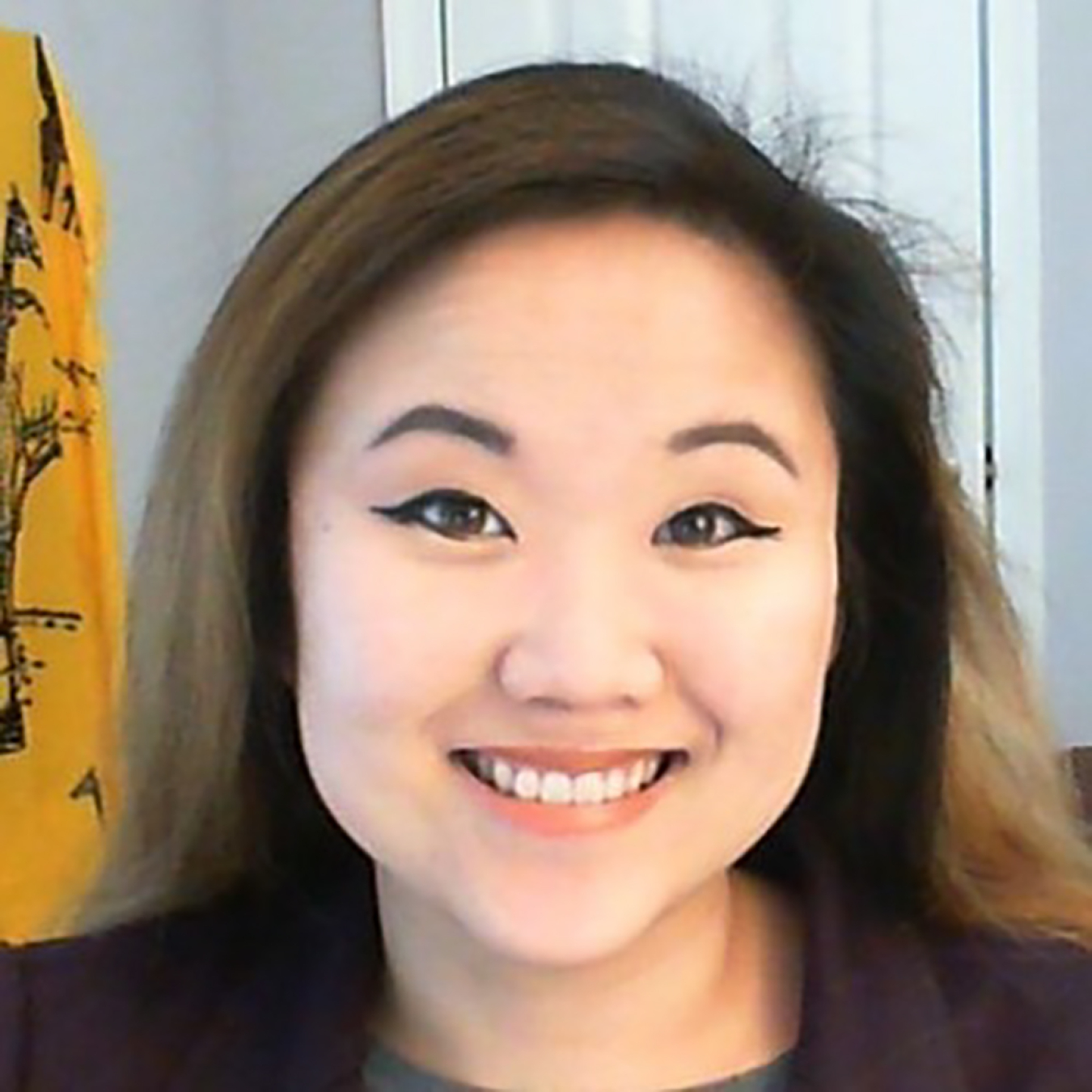Meet Amanda Pourciau. She's passionate about: * Nuclear security. * Asia. * Blue cheese. It's gross! Luckily the last one doesn't come up much as she localizes and updates nuclear security partner training around the world for #NNSA.
National Nuclear Security Administration
May 24, 2023
How do you support NNSA?
I am a Foreign Affairs Specialist in the Office of Radiological Security. We work with international and domestic partners to prevent terrorists from acquiring radioactive sources, which are common in medical, industrial, and research settings. I manage the Training Program and collaborate closely with lab teams on the development and maintenance of training materials for our partners.
In my other NNSA role, I coordinate the U.S./Republic of Korea (ROK) Nuclear Security Working Group. I am the main U.S. Government contact to the ROK Ministry of Foreign Affairs on nuclear security.
What is your personal or cultural background, and how has that shaped you and your approach to your career?
Originally from Louisiana, I identify as an Asian Cajun and bring the perspective of being a small minority. In my personal and professional lives, I have placed increasing importance on speaking up for myself, even if I have a different opinion or view. While I have many wonderful, supportive colleagues, it is ultimately my responsibility to speak up for and represent myself.
What did you study in school and how did it impact you personally and professionally? What led you to a career in nuclear security?
I majored in Asian Studies at St. John’s University in New York City. I loved meeting people from so many cultural backgrounds, and I appreciated that the degree of diversity just seemed so normal and commonplace. In graduate school, I studied Security Policy at George Washington University. During my nuclear weapons class, I sat next to an NNSA Graduate Fellowship Program fellow. That is where I first learned about NNSA and the amazing work it does. I immediately knew that this is what I wanted to do with my life, although it certainly took me a while to get here!
In my personal and professional lives, I have placed increasing importance on speaking up for myself, even if I have a different opinion or view ... it is ultimately my responsibility to speak up for and represent myself.
What is the best part about your job?
I serve my country and support an important and admirable mission with some of the smartest people I have ever met.
What is your proudest accomplishment while working at NNSA?
Contributing to the Afghanistan Task Force, which was the initial U.S. Government response to receive, welcome, and process thousands of evacuees from Afghanistan. I still think a lot about the people I met there and hope they are comfortable and welcomed wherever they are.
Tell us something interesting about yourself.
I can’t stand blue cheese. Get that stuff away from me!
Do you have any highlights from your time supporting NNSA?
Creating and running the Office of Defense Nuclear Nonproliferation Africa Working Group. Everyone working on Sub-Saharan Africa programs met to coordinate on work and share lessons learned from the region. In addition to increasing efficiency and knowledge of each other’s programs, the group was especially memorable for me because I got to meet some amazing people. While I consider myself to be an introvert, I really enjoy getting to know my colleagues and feel that it helps us be a stronger team.
What advice would you have for anyone interested in a career in nuclear security?
If nuclear security is the priority, I would suggest keeping an open mind and not getting bogged down by region. NNSA does so much incredible work in the United States and across the world. Those interested in foreign affairs work often gravitate towards a particular region or country, but the stars may not align when an opening becomes available. I would suggest considering openings not related to your specific region of interest. Not only is it a foot in the door, you might get to experience some exciting, unexpected places!
Why do you think diversity and inclusion is important to your profession?
As a Foreign Affairs Specialist, I am working with many different countries and cultures, who have varying levels of representation in international fora. My experience as a minority has helped me connect with these partners who feel less understood or recognized by international peers. Even if one is not a member of a minority group, everyone can practice empathy, which can go a long way in building a rapport with anyone, whether in a professional or personal setting.

